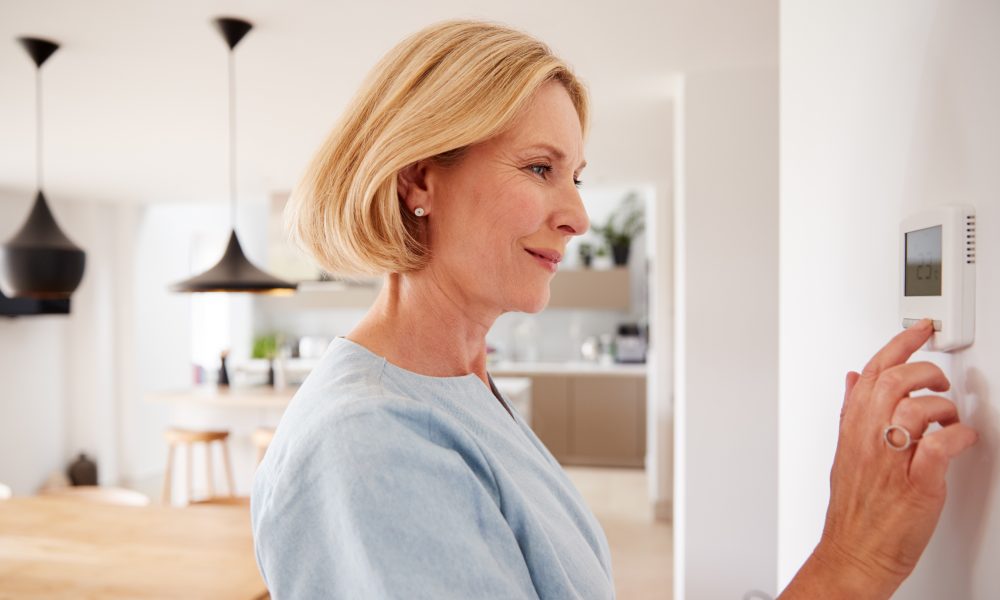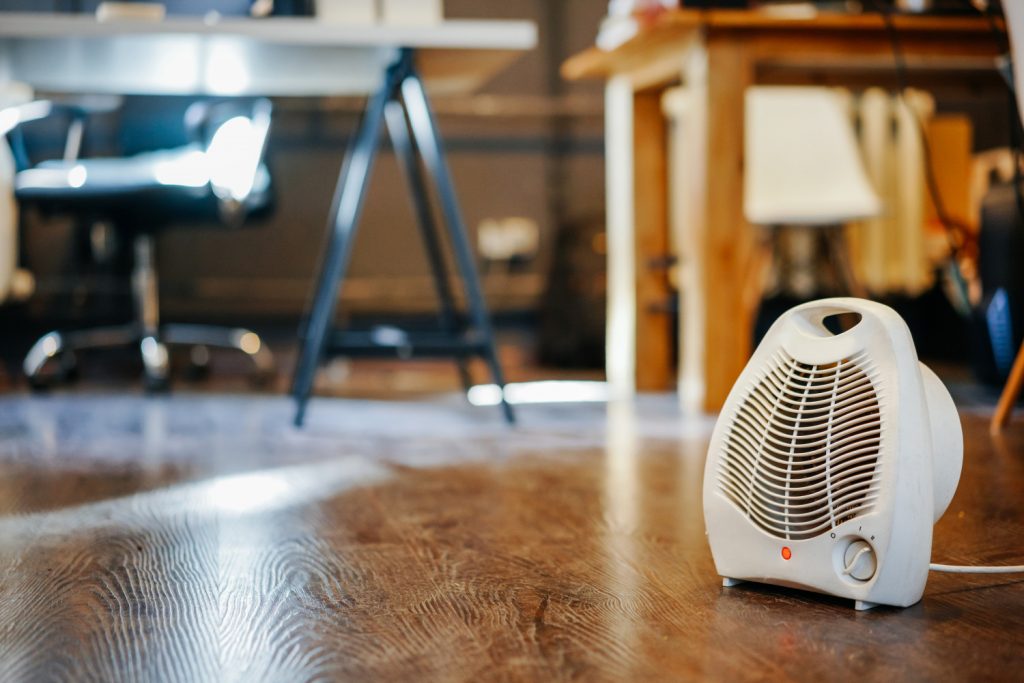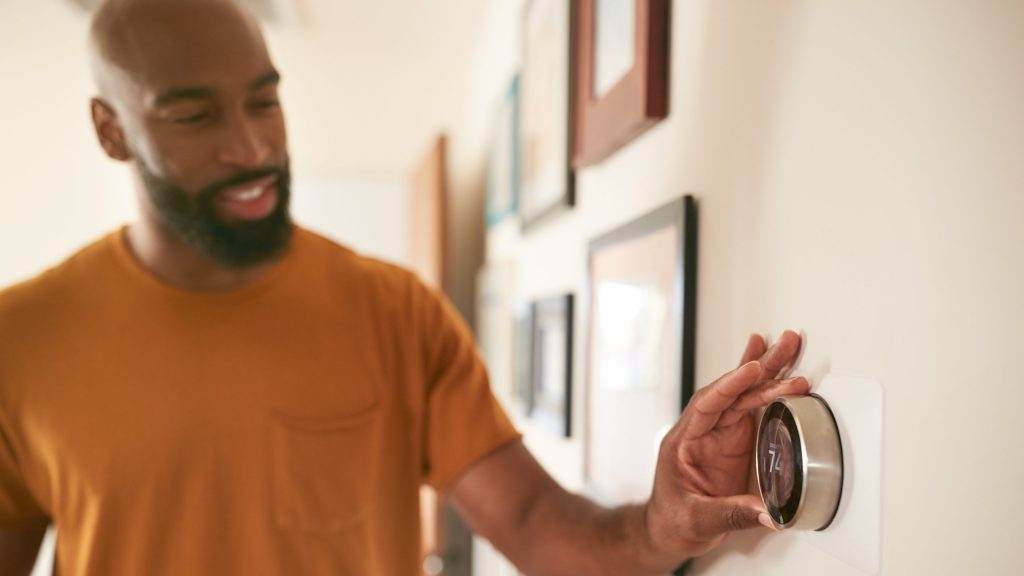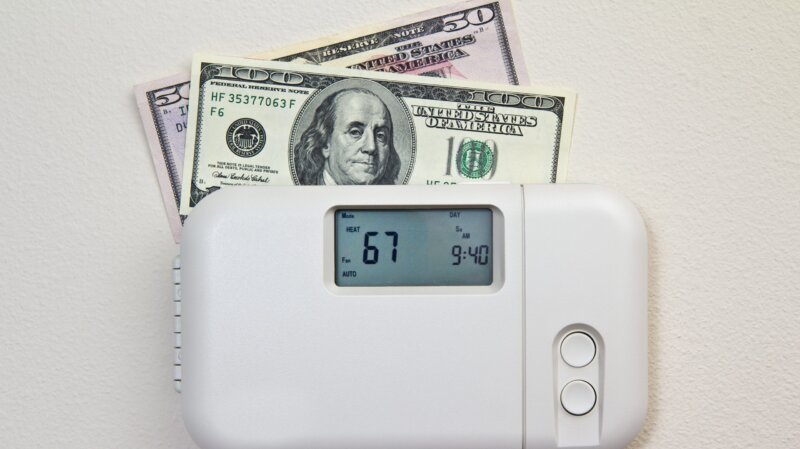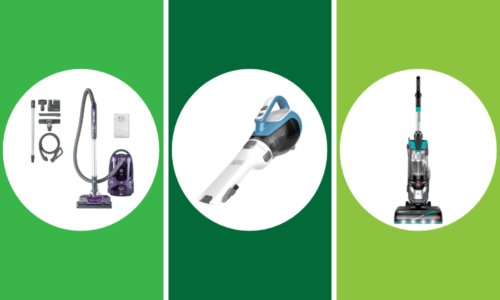When the days get chilly, it’s natural to want to crank up the heat in your home. After all, there are only so many layers you can wear. But if you’re worried about the cost of turning the temperature up on the thermostat, you might want to consider which is cheaper in the long run: a space heater or whole-house heating.
But before you can really compare the cost of whole-house heating versus space heaters, there are some factors to consider that are individual to your home.
Your Fuel Source Matters
In October, the U.S. Energy Information Administration (EIA) said in their winter fuels outlook that heating costs would be higher this winter than in recent years. This is because fuel prices are up, but also because the forecast indicates slightly colder weather is coming.
According to the EIA, heating costs for fuel sources will increase the most for natural gas, but it will still be the cheapest fuel source, followed by electricity. Propane and heating oil are the most expensive.
There are many factors that go into your heating bill, from your home’s fuel source for heat to efficiency, as well as how you’re using your space (more on that below). But in general, since central heating powered by natural gas is cheaper than heat from electricity, heating a large space will cost less with an HVAC system that runs on gas.
However, the biggest thing to consider when deciding whether to turn up your thermostat or use space heaters is whether the goal is to heat a smaller space or a larger space. If you’re mostly using just a room or two in your home, it might make sense to turn down the thermostat and run a space heater in the room you’re occupying.
Why Space Heaters Can Work Well For One Or Two Rooms
If you need multiple space heaters in several rooms, you’re likely not saving much money versus turning up your whole-house heating system.
“Buying a space heater for every room would increase the electricity bill more than if you had just bumped up the thermostat,” Mikelann Scerbo, research manager for the Alliance to Save Energy, told Save on Energy.
Here’s why. According to CNET, most of us pay an average of about 20 cents an hour to run a 1,500-watt space heater in an average-sized room. Over eight hours, that’s $1.60 a day, or $50 a month. If you are using multiple space heaters, increase that average by $50 a month times the number of heaters.
However, the average American home racks up about $120 in energy bills each month, with about half of that going to cooling and heating, the moving experts at Move.org. The age of your appliances, your location and the insulation and size of your house are all factors in cost, of course, but that average of $60 pales in comparison to the average cost of using multiple space heaters.
But what if, for example, you spend most of your day in your home office? Or your whole family hangs out together in the living room every evening? Does it make sense to turn down the thermostat and to run a space heater in that room?
It might, especially if it’s not a huge room. Grist offered a helpful rule of thumb to consider: If the space you’re looking to heat is less than half or a third of your house’s total area, space heaters may save you money.
You’ll also want to consider if you’re getting up and moving a lot — you’ll be chilly as you move between colder rooms and those that have space heaters.
Keep Safety And Efficiency In Mind
If you’re considering boosting the heat in a room or two with space heaters, there are a few things to keep in mind.
The most energy-efficient ones use radiant heat to focus on heating people, not the air. Electric infrared heaters are especially effective because they heat people and objects, not air. You’ll want to consider size and wattage, and determine which heat setting you prefer.
When buying space heaters, you’ll also want to look for ones with safety measures like auto-off settings. Space heaters cause thousands of fires every year.
If you’re using space heaters, take heed of manufacturer warnings and do not run them for extended periods of time. Keep them away from combustible materials, such as bedding, and place them in areas where they are less prone to tipping over. Be careful of plugging them into overloaded outlets. If they have frayed cords, don’t use them.
Other Ways To Warm Up Your Home
How’s your home’s insulation? Beyond how old your windows and doors are, and what insulation was used when your home was built, there are short-term measures you can take to keep cold from seeping through your house, like door draft stoppers and window insulation kits.
You can also maximize natural heat by keeping window treatments open on south-facing windows on sunny days.
And don’t forget that you can always add a blanket to your bed or wear an extra layer.
By Anna Weaver, for Scripps News.

